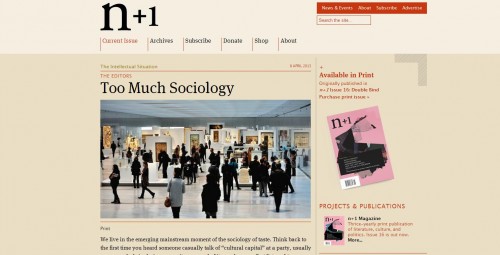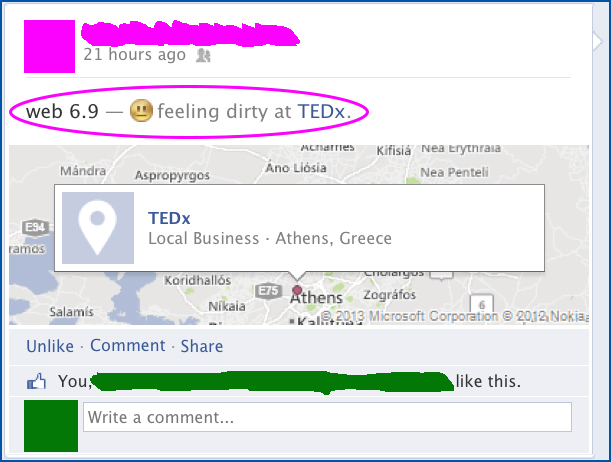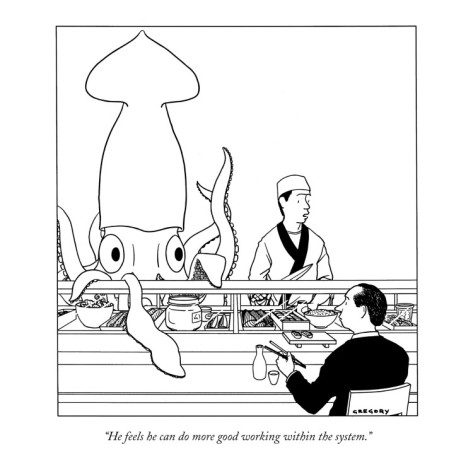
As I write this, it’s 5:00 PM on April 15th, 2013. From my window over Massachusetts Avenue (we call it “Mass Ave”) in Cambridge—which I have open to let in one of the first nice spring days of the year—I can hear waves of sirens from the emergency vehicles that are still moving in response to the two explosions at the Boston Marathon finish line that went off just before 3:00 PM. The Mass Ave bridge between Boston and Cambridge is reportedly closed; large shuttle buses are trying, awkwardly and uncertainly, to make the turn off of Mass Ave onto one of my cross streets. The flags at both Cambridge City Hall and the Cambridge Post Office are still flying high, but I imagine they’ll be at half mast by the time you read this tomorrow. Even tomorrow, this intentional tragedy will still be very recent, very fresh, and very raw.
I’m sad in ways I can’t fully identify or explain, grateful that (so far as I know) everyone I care for here is okay, and—as I said on Twitter—longing for that time in the recent past when all the bombs (“bombs”) in Boston were actually stupid light-up LED pictures of cartoon characters. Somewhere in my disorganized thoughts, I’m also struck by the many ways that both people and institutions are using digital social technologies in response to this attack, and I’m going to try to get a few of those thoughts down here. In particular, I want to focus on the “vine” (short looping video) of one of the explosions that spread throughout my Twitter feed within an hour of the carnage at the finish line. more...







